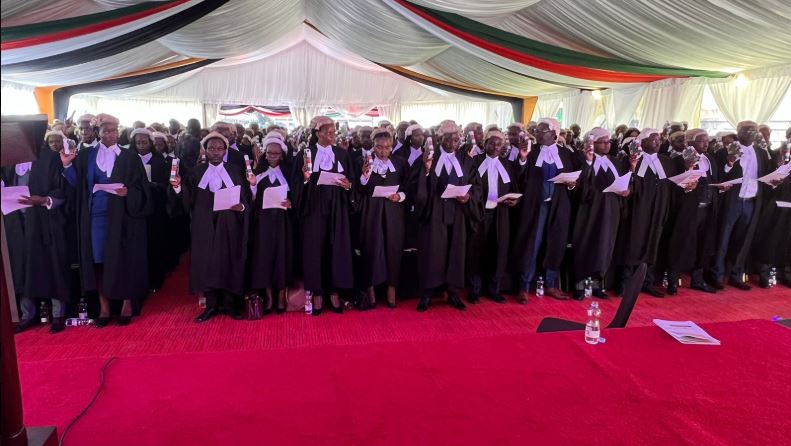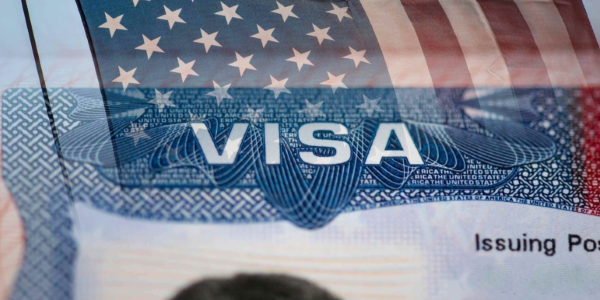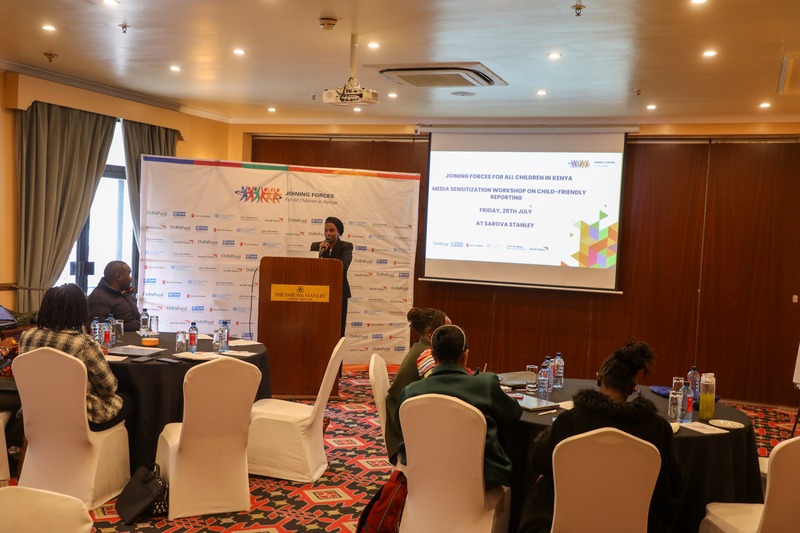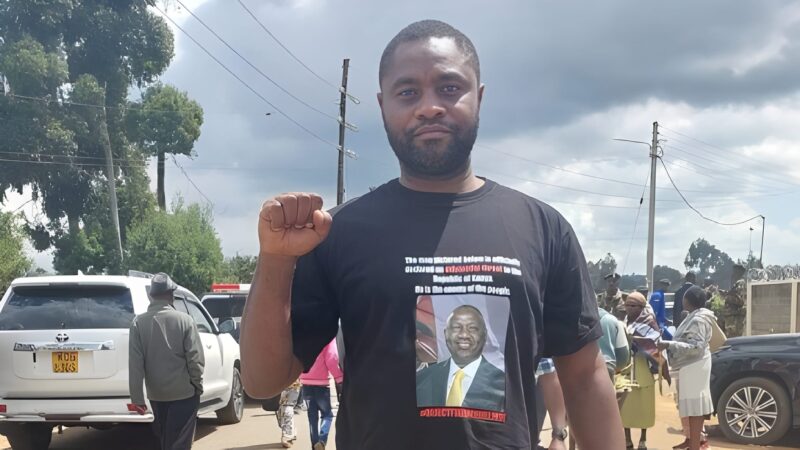Public service advocates to get special allowances from July 1 after court ruling

The commission on giving directions to all the public bodies, said the allowances apply to legal officers who hold an LL.B and post-graduate diploma from the Kenya School of Law, and are advocates of the High Court in good standing.
A Nairobi Court has affirmed the Public Service Commission's (PSC) authority to start paying non-practice and prosecutorial or special legal allowances to eligible advocates of the High Court working in the public service, effective July 1.
The move follows a decision by a three-judge bench that affirmed the Employment and Labour Relations Court decision allowing PSC's authority to set terms and conditions for public officers and mandating uniform implementation across all public institutions.
More To Read
- Court rules ex-NHIF staff to retain salaries after SHA transition
- Relief for civil servants as SRC moves to address heavy salary deductions
- MPs call for prosecution of Kenya School of Law boss over procurement irregularities
- PSC paid retired civil servants Sh25.7 million in irregular contracts, audit reveals
- Court told Brian Mwenda used fake certificates to pose as High Court advocate
- Law students caught in crossfire of policy conflicts, budget cuts
The commission on giving directions to all the public bodies said the allowances apply to legal officers who hold an LL.B and post-graduate diploma from the Kenya School of Law, and are advocates of the High Court in good standing, among others.
"The eligible officers must perform duties such as court representation, legal advisory, contract reviews, compliance oversight, and legislative drafting," PSC states.
Allowance rates range from Sh15,000 to Sh55,000, based on job group, with higher-tier officers receiving more. For example, officers in CSG 5 and above will earn Sh40,000 (non-practice) and Sh55,000 (prosecutorial/special legal) allowances monthly.
The PSC stressed the need for public bodies to fully utilise in-house legal teams and reduce reliance on costly external counsel.
The circular excludes State officers, county employees, and those under the Parliamentary, Judicial, Teachers, and Police service commissions.
This directive supersedes prior circulars issued in 2010 and 2012 on the same matter.
Top Stories Today















































